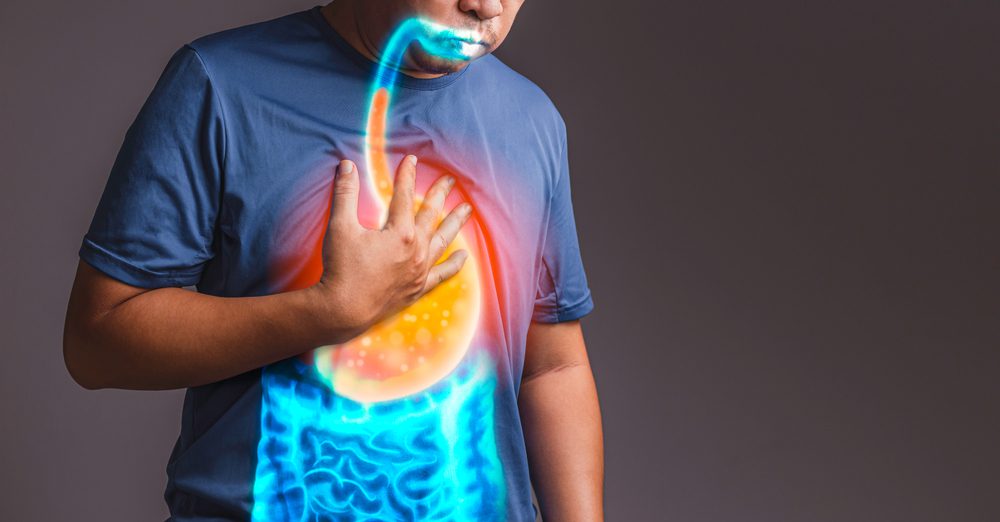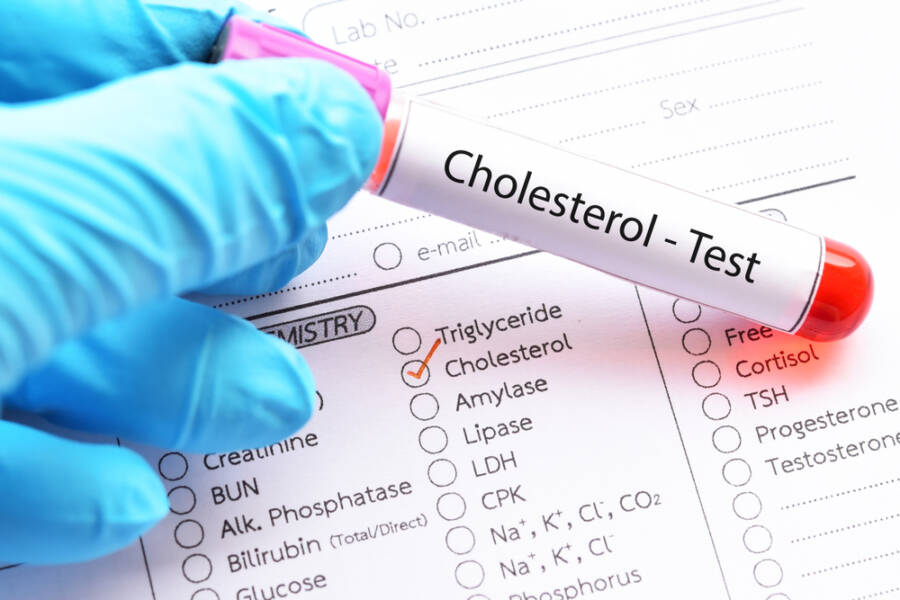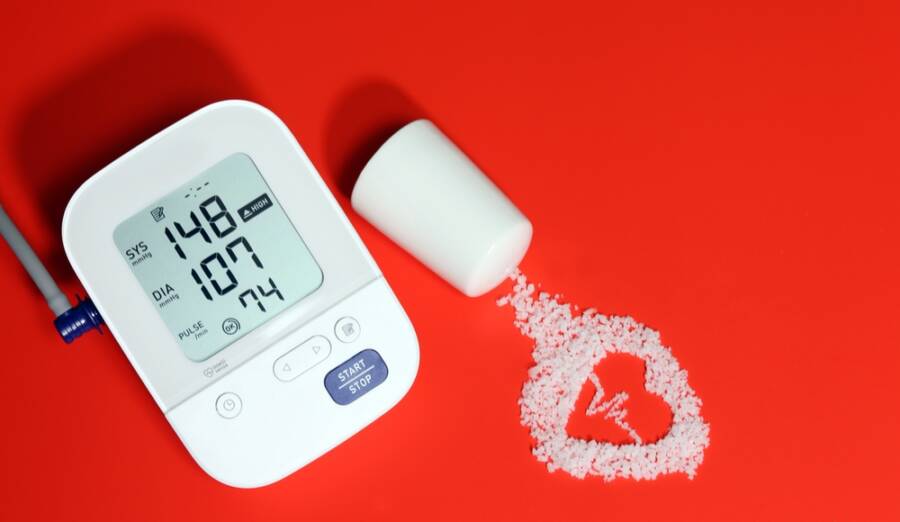
#4 Indigestion or Gastroesophageal Reflux Disease (GERD)
Drugs that relax the lower esophageal sphincter (LES), such as anticholinergics, calcium channel blockers, and nitrates, may cause this side effect, as can those that lower LES pressure or those that irritate the stomach lining (such as aspirin, iron, NSAIDs, steroids, or progesterone), theophylline, and tricyclic antidepressants).
Avoiding foods like alcohol, fizzy drinks, citrus, tomatoes, coffee, fatty foods, and foods that also upset the stomach is the first and most effective thing you can do.
If you frequently have heartburn while trying to fall asleep, raise the head end of your bed by 6 to 9 inches by placing wood or cinder blocks under the feet. If you are unable to raise your bed, you can elevate your body from the waist up by inserting a cushion between your mattress and bed frame. Pillowing your head higher with more won’t help.
If you are smoking, try to quit since the lower esophageal sphincter’s capacity to function properly is reduced by smoking. Also, maintaining a healthy weight can help you when you have GERD because additional weight puts more strain on your abdomen, raising your stomach and resulting in gastric reflux into your esophagus.
Your doctor could advise prescription medicine and other tests if you don’t feel better within a few weeks. Discuss GERD medications like antacids, H2 blockers, and proton pump inhibitors with your doctor.



















